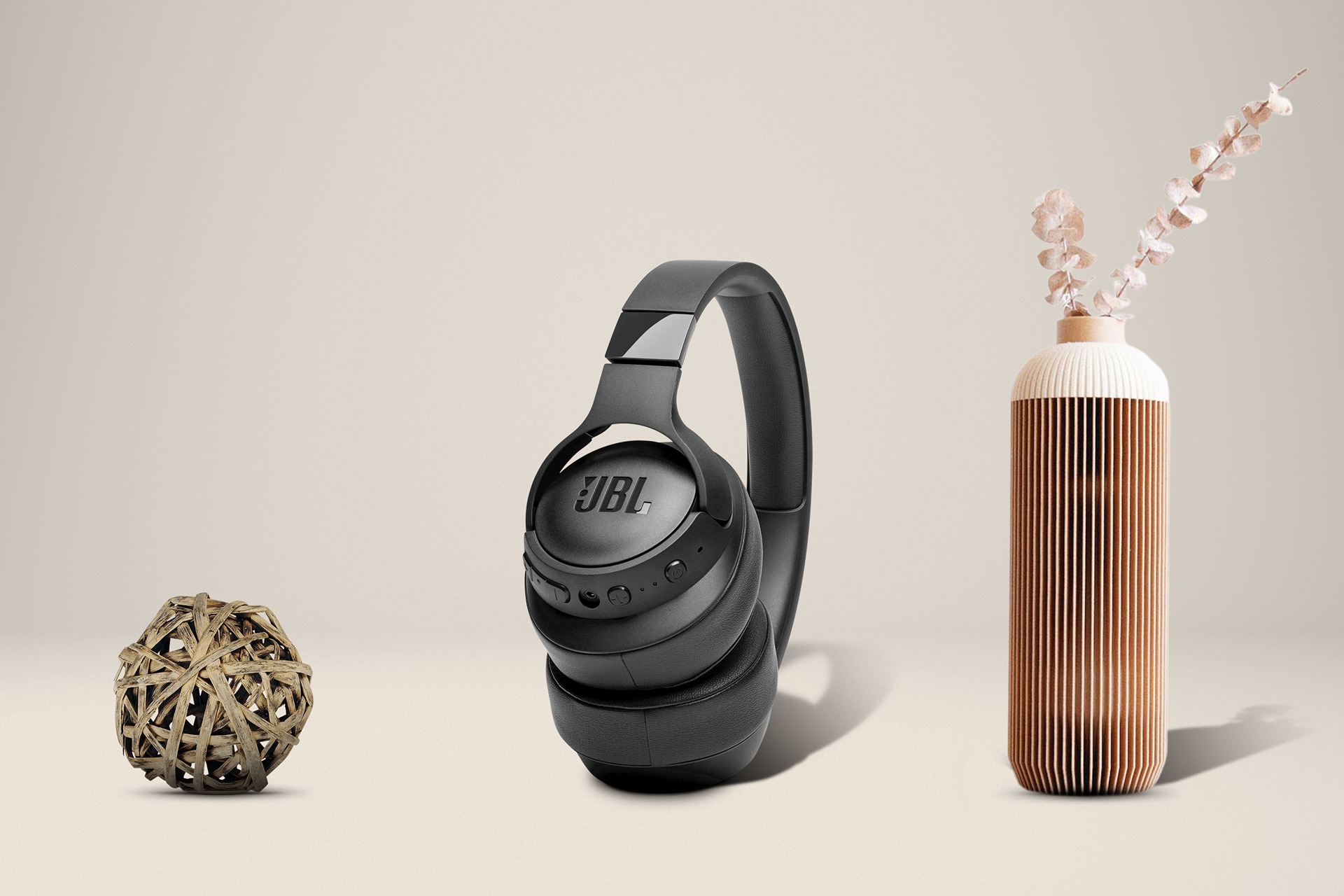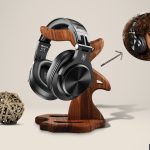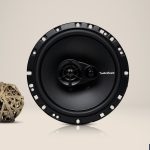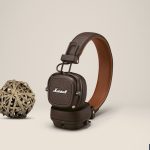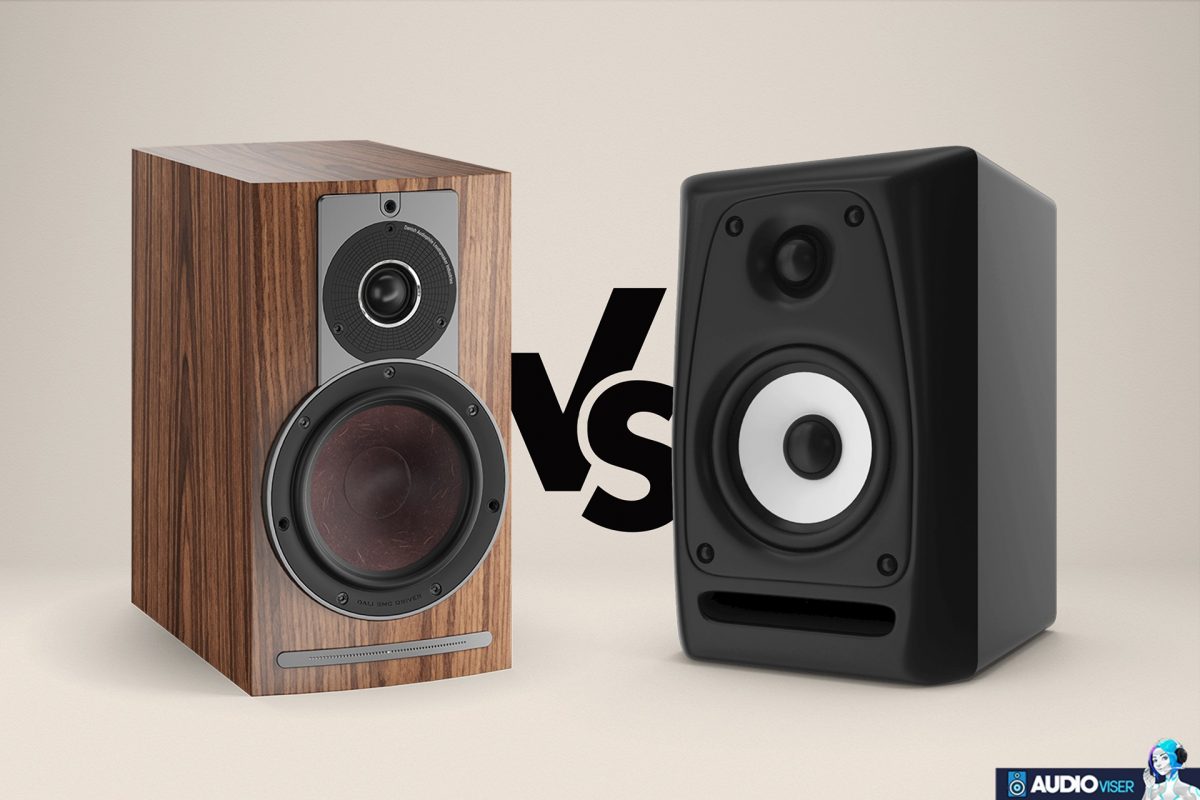
Professional audio equipment is an essential part of sound production. By adding only one extra item, the difference will be highly hearable. Speakers and studio monitors may look the same but serve a different purposes. Both are professional equipment but target a different group of users.
So, to find out whether bookshelf speakers or studio monitors are best for you, first of all knowing what they offer is key. Nowadays, professional recording may require a specific studio monitor to recognize every beat and catch the rhythm, and on the other hand, the speakers are mostly used to complete the home cinema or create louder sounds. Let’s find out what is the crucial difference between them?
The key difference between studio monitors and bookshelf speakers stands in the sound profile. Studio speakers tend to have a more flat frequency response to record the audio playback in precision without the sign of distortion. Studio monitors require a more professional environment because you will use them mainly for recording, editing, or mixing. The environment and placement are very important.
On the other hand, the bookshelf speakers tend to satisfy the listening experience of casual listeners who don’t really pay attention to details. It a great audio equipment to complete the home theater or just for random music joy.
Bookshelf Speakers vs Studio Monitors: Sound Quality & Profile
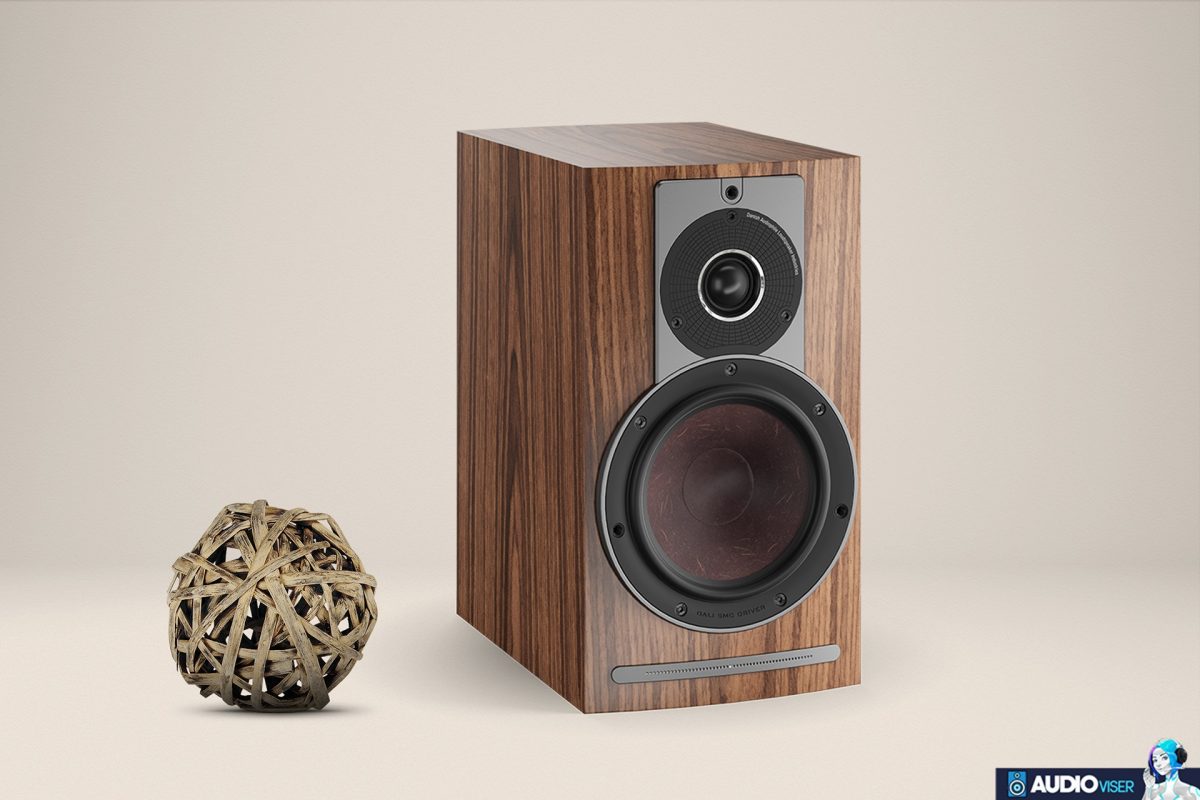
Well, there are several differences when it comes to sound production. The background of bookshelf speakers is to enhance the sound quality, provide more immersive audio, and increase the bass, so you can enjoy your music listening times to the fullest. The sound profile in bookshelf speakers is rich in bass and great high and low-frequency responses.
Studio monitors use more flat-response as a sound profile. They aim or target the precise and truest frequencies. They keep the sounds however they are. The overall sound remains a song’s real frequency range, bass, and vocals. So sorry to break it to you, but studio monitors don’t enhance sound quality, it just shows the true colors and most real rhythm and beat.
Sound Projection Distinctions
Bookshelf speakers are mainly intended to project the sounds in the entire room, studio monitors are made keeping in mind a short distance. The bookshelf speakers are great audio equipment for living rooms or outdoors while studio monitors show great performance in smaller home studios or normal studio settings.
Advantages and Disadvantages of Studio Monitors
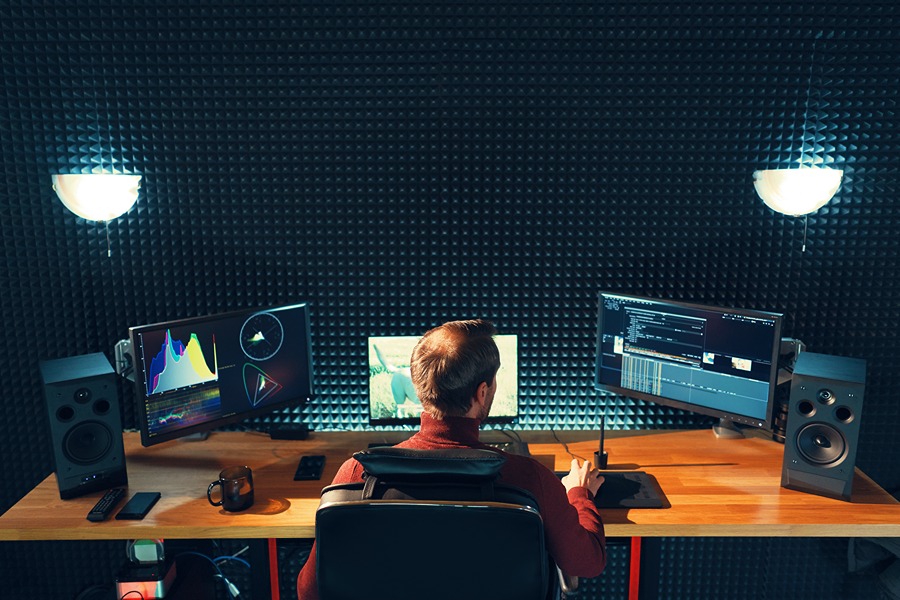
Advantages
- Studio monitors are acting the same way over time, to be more precise the accuracy and realism of the playback without adding alternative colors to the sound last till the day it breaks down.
- For professional use like editing, mixing, recording, and mastering, these devices are of a superior degree.
- Bass production is way better than bookshelf speakers, however, know that the chosen product determines the sound quality. Everything tone and rhythm are clearer, crispier, and detailed on the studio monitors.
Disadvantages
- Volume control is testing a user’s abilities. Just because of the freedom from outside control, which is the power amplifier, there isn’t any easy volume control. Once you are used to it, it shouldn’t cause problems in any content creation.
- Studio monitors won’t be able to reach and fill the entire living room, especially if you have a large room space. Keep in mind that the monitors work best in small room settings.
- Studio monitors aren’t that aesthetically eye-catching. If you’re into décor, there’s no way you will like the look of them. As I said, it’s all about professionalism, not aesthetics.
Advantages and Disadvantages of Bookshelf Speakers
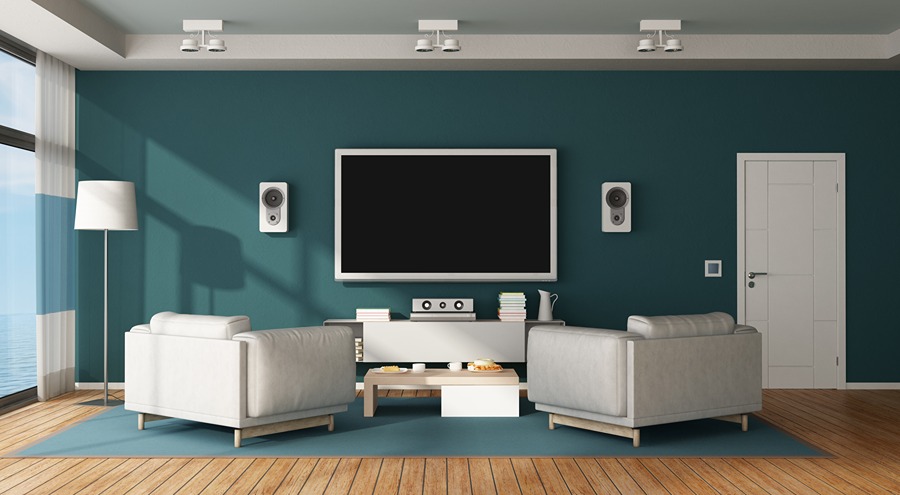
Advantages
- Bookshelf speakers come at really affordable price tags which is a nice bonus if you want to enhance your current sound quality.
- Flexibility in location is another advantage. Not only can fill larger rooms but also the placement isn’t very important.
- Sound enhancement is in question with bookshelf speakers. So, it’s very useful to complete home cinema at higher volumes and with booming bass.
- Bookshelf speakers have more space-saving features because they can come in the smallest size. Picking wireless connectivity will also make the tangle-free connection. Plus, you can use them outdoors too.
Disadvantages
- If your place is narrow, you may need a stand that is sold separately. Placing the speaker too far from the TV wouldn’t be so effective.
- To enhance the sound quality, bookshelf speakers lose the true colors of the audio as well as naturalism.
- Less bass production is in question with bookshelf speakers. Even if you add a subwoofer, you may never reach the bass quality of a studio monitor.
Bookshelf Speakers vs Studio Monitors: Which one is Better
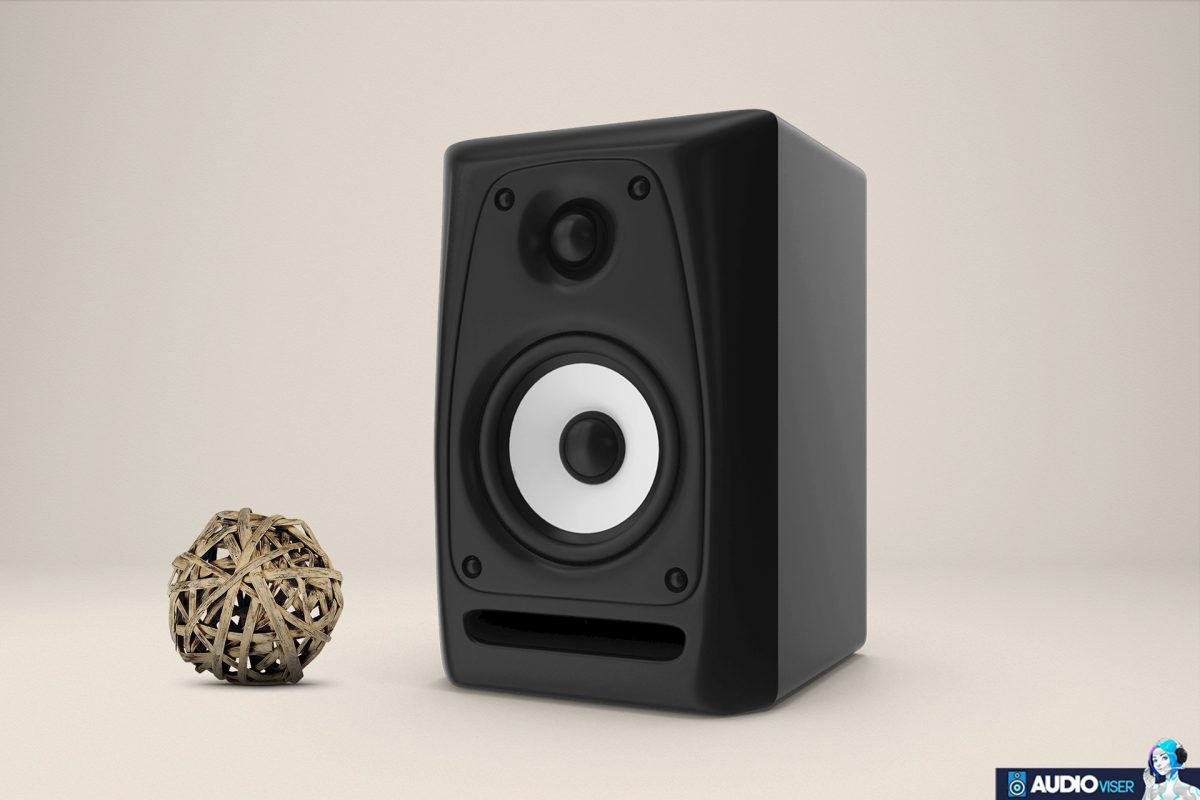
Both are great audio technology pieces, therefore it really depends on what are you looking for and what is your purpose of use.
Choose a bookshelf speaker if you want immersive and enhanced music listening times and a better movie experience. If you pick a powerful speaker, you may need a large room setting. Also, picking bookshelf speakers as an entry-level influencer, or a content creator might be a great choice.
Choose a studio monitor if you are an audiophile and perfectionist in music listening and movie times. It has high quality and the truest natural sound production. So, if enhancing isn’t your priority and are a professional-grade sound producer, then your address is getting a studio monitor.
Bookshelf Speakers vs Studio Monitors: Buying Guide
Bookshelf Speaker
- Consider and leave space for a speaker. If your room is quite large, you may need more than one speaker (at least 2).
- Check if it uses a wired or wireless connection.
- Key specifications like output power, impedance, sensitivity, and frequency range are essential.
- Easily found a matching amplifier for the speaker
Studio Monitor
- Look for size and key specifications and read about the size of the studio monitor.
- Create a budget because studio monitors have higher price tags.
- Pick between 10-40 wattage power.
- Keep the distance near and leave enough space.
- Look for higher technical specifications.
Final Thought
Both, bookshelf speakers and studio monitors are useful audio equipment, but I can’t tell which one is better. You have to know your target and purpose because both serve different objectives. Hopefully, the article was helpful enough to know the difference and a buying guide helps you pick the best one.
Further Reading
There are other blogs available for reading. They are quite enjoyable.
For instance, a blog asks whether it’s legal to wear headphones while driving or if you can wear them after getting rid of your wisdom tooth.
Another explains why autistic people use headphones.
Sound Artist
I’m a Sound Artist creating immersive sonic experiences. I turn everyday objects into music, turning the mundane into something marvellous!

